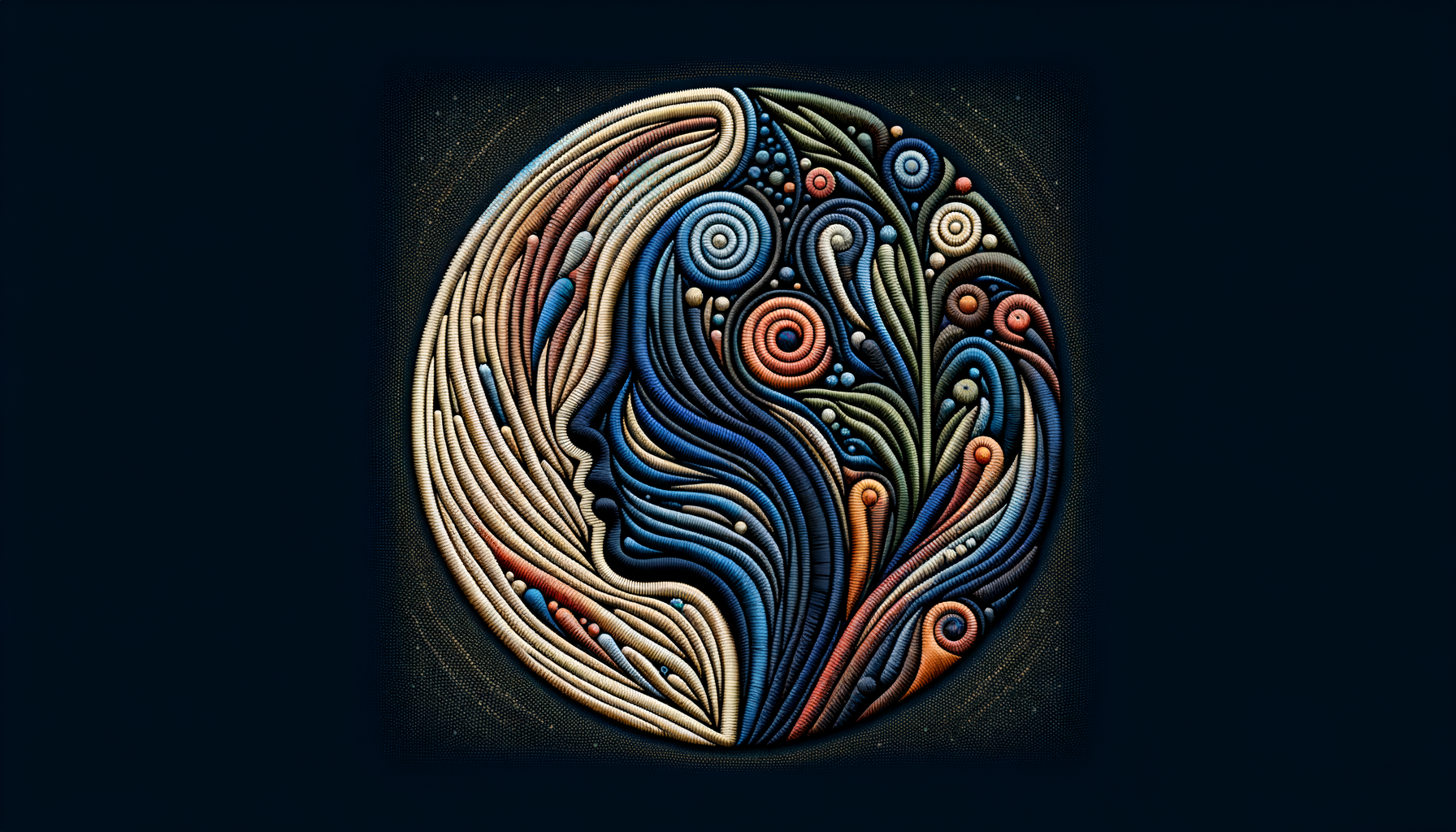The Scar That Tells a Story
Scars—they're the one souvenir from life’s messiest moments that no one asks for, yet everyone collects. From the jagged little line on your knee from that epic wipeout on your first skateboard to the invisible marks left by a breakup that hit harder than you care to admit, scars—both literal and metaphorical—have a way of becoming part of our personal narrative. Like the weathered wood of beach boardwalks (trust me, I’ve walked enough of them), scars show wear and tear, but they also show that lots of life has been lived.
Here’s the thing about scars: you’ve got to learn to embrace them. They’re like the plot twists in a novel—they complicate the story but make it unforgettable. Let’s dig in (gently, no salt in the wound) and explore the beauty, wisdom, and humor in the stories that scars—both on our skin and our hearts—tell.
Why Scars Make You Uniquely You
(Yes, Even That One You Hate)
I’ve got one on my elbow, a relic of a summer evening when nine-year-old me thought rollerblading down the sloped boardwalk faster than a golf cart was an excellent idea. Spoiler: it wasn’t. That scar’s smooth, pale surface now peeks out every time I prop my arm on a bar counter or drag a big beach blanket across the sand, reminding me that the feral little kid who dove headfirst into life is still alive and well within me.
Literal scars like that define us in a physical sense—they can make us feel self-conscious or, paradoxically, like accidental badasses. They’re proof you’ve lived, loved, fallen, and gotten up again. In dating, they can even work as conversation starters (and not the boring “What do you do for work?” kind). Think: “So, funny story about why my left eyebrow has this little gap…”
But scars you can’t see? Those might hold the better stories. The first breakup that left you crying over late-night drive-thru fries in your car? The friend who ghosted you after promising they’d be your maid of honor? Those tougher emotional scars shape emotional depth and resilience—the qualities that actually make you interesting.
Takeaway: Instead of shying away from your scars, learn to tell the story behind them. It’s not about glorifying pain—it’s about showing the strength it gave you.
The ‘Scar Stage’ of Relationships
(Whether You’re Dating, Married, or Situationship-ing)
Every relationship goes through the gloriously messy phase of proving its resilience. In the beginning, it’s all smooth skin and sunshine—first dates that end with moonlit laughter or Sunday brunches where you split pancakes and bacon. But over time, scars will show up. Arguments about who forgot to text “goodnight.” A poorly planned weekend getaway where you find out they snore worse than your aunt’s old beagle.
Real relationships are about surviving and even cherishing those scars. Think of it this way: every scar in a relationship is like a seashell you pick up on the beach. Some are a little broken. Some are sharp-edged and jagged. But together, they tell a story of where you’ve been.
So, when your next fight erupts over which Netflix show to binge or whose turn it is to do the dishes, remember: it’s just another scar in the making, and scars mean you’re still in the fight.
How to Reframe Your Scars (Instead of Seeing Them as Flaws)
Reframing is a little like painting over a rental wall your landlord called "egg-shell beige." It doesn’t get rid of the underlying discomfort, but it makes it easier to live with—and even appreciate. Here's how to positively reframe those scars in your life:
-
See Them as Conversation Gold – Stories are the currency of human connection. Your scars, whether from a botched skateboard stunt or a past relationship, are proof you’re not just sitting on life’s sidelines. Tell their story with humor, reflection, and confidence—it’s way more interesting than your latest TikTok rabbit hole.
-
Shift the Spotlight – Instead of focusing on what your scar "took" (smooth skin, trust in romance, etc.), consider what it brought you. Did that bad breakup teach you what you really need in a partner? Did that accident at summer camp lead to you learning resilience (and maybe how to rock long sleeves, no matter the season)?
-
Remember You're in Good Company – Even Beyoncé probably has a scar somewhere (though hers probably glimmers like a star). Point is, scars are universal. If they’re good enough for celebrities, they're good enough for you.
The Humor in Heart Scars
Ever notice how the worst heartbreaks become the funniest stories later on? Cue Monica and Ross competently mock-dancing at every 'Friends' wedding despite all their embarrassment: that's relationship humor in hindsight.
I dated a guy once whose version of flirting was quoting Shark Week facts at me. Adorable at first, annoying six weeks later. After we broke up, I swore off marine-biology fanatics forever but still can’t not giggle when Discovery Channel rolls around every year. Scars from bad dates, bad texting exchanges, or even worse breakups don’t remain raw forever. With time, they soften into stories you tell over margaritas with friends (or over wedding cake with “the one”).
Takeaway: Every heartbreak scar is material. Maybe for memoir chapters, maybe for therapy—definitely for at least one good stand-up bit at your office happy hour.
The Empowering Beauty of Owning It
Here’s what I’ve come to believe growing up barefoot on sandy streets where tumbles and missteps are practically a rite of passage: scars don’t steal your beauty—they amplify it. They’re the mile markers of a journey that’s uniquely and unapologetically yours. Like the staggering boats in storm ports, struggle is less shame-inducing IF viewed through "story-spinning sharp!"-Writer Filters




















